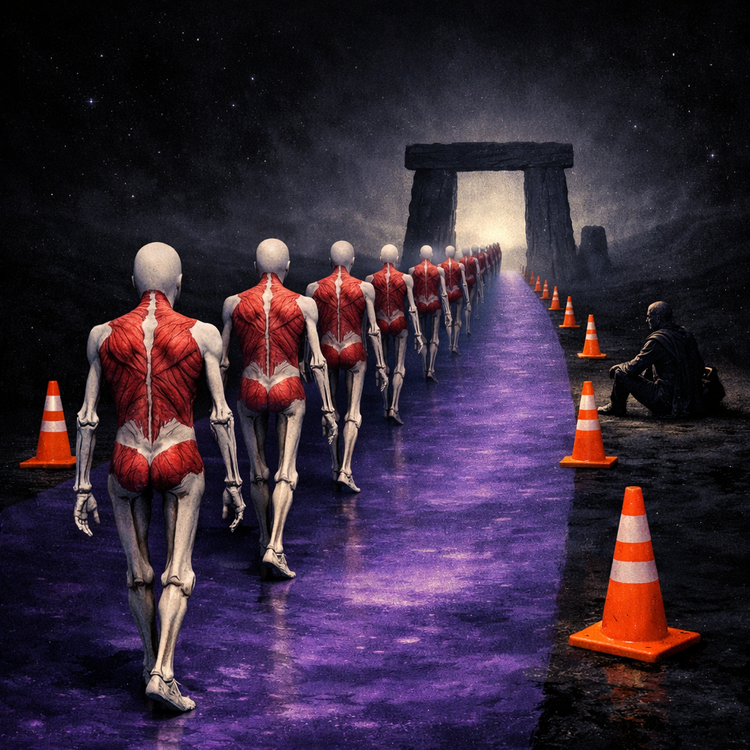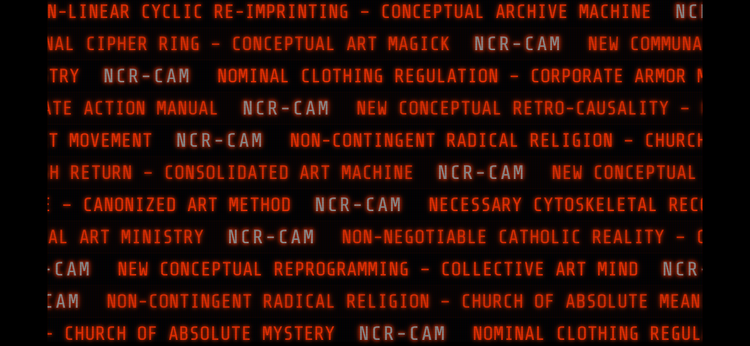Regime and Commie Manifesto

There are some striking parallels between the events and themes portrayed in the fictional TV series “The Regime” and the ideas laid out in the Communist Manifesto, as well as the real historical example of the Paris Commune. Let's explore these in detail.

One of the central themes in "The Regime" seems to be class conflict and the struggles of the working class and oppressed against a tyrannical ruling class. This is very much in line with the core tenet of the Communist Manifesto which proclaims that "The history of all hitherto existing society is the history of class struggles." The Manifesto goes on to lay out how the bourgeoisie (ruling capitalist class) exploits and oppresses the proletariat (working class), leading to irreconcilable conflict between the two.
In the TV show, this class conflict is embodied in the character of Herbert Zubak, a working class "grunt" who ends up imprisoned by the regime after falling out of favor with the ruling elite. His cellmate Keplinger tries to convince him to join the revolutionary cause to overthrow the government. This mirrors the Manifesto's call for the proletariat to engage in revolution to overthrow bourgeois rule and establish a communist society.
The Paris Commune, described in detail in the second document, represents a real-world historical example of the proletariat rising up and taking political power, however briefly. The working class of Paris, radicalized after France's defeat in the Franco-Prussian war, rejected the authority of the conservative French government based in Versailles. They established a revolutionary government and implemented policies like mandatory conscription, the separation of church and state, and social reforms.

Though the Commune was brutally crushed after two months, Marx saw it as a model for the "dictatorship of the proletariat" called for in the Manifesto - the working class organized as the ruling class to transition society to communism. The reviewer notes how the show portrays Chancellor Elena's regime tottering on the brink as strikes and civil unrest spread - perhaps foreshadowing a Paris Commune-like scenario.
Another key concept from the Manifesto that is echoed in the series is the notion of false consciousness. The bourgeoisie promotes ideologies and social institutions that cloak and legitimize their rule. Religion is called out as one such institution. This is reflected in how Elena's government persecutes the left opposition while cozying up to conservative religious authorities. But the Manifesto predicts that inexorable social progress and crisis will shatter these illusions.
Throughout the review, we see the veneer of Elena's propaganda and personality cult cracking as her irrational excesses and the regime's dysfunction are laid bare. Her attempts to scapegoat and repress the opposition only pour fuel on the fire. The Manifesto argues that the inner contradictions of capitalism and bourgeois society will inevitably lead to revolution. The series seems to be building towards a similar revolutionary denouement.
Indeed, the fictional Westgate with its impoverished sugar beet workers brutalized by the regime troops directly parallels the real working-class districts of Paris like Montmartre and Belleville that were hotbeds of revolutionary sentiment in 1871. The incipient rebellion there is a clear echo of the Paris Commune.

Lastly, a small but telling detail is how Elena's government is described as increasingly dysfunctional and irrational, promoting officials based on loyalty rather than competence. This is in line with the Manifesto's prediction of the "decay" of bourgeois society and its institutions in its late stages, as well as Marx's analysis of the Commune's dismantling of the bourgeois state apparatus in favor of a streamlined, accountable, working-class administration.
In conclusion, while "The Regime" is a work of fiction, it draws direct inspiration from Marxist theories of class struggle, revolution, and the crisis of capitalism as laid out in the Communist Manifesto. Moreover, the series seems to consciously reference the real historical precedent of the Paris Commune, an admittedly short-lived but important example of a working-class revolution that aimed to put the Manifesto's ideas into practice. The echoes between these fictional and historical revolutionary struggles reinforce the enduring relevance of the Communist Manifesto's core ideas, and the notion that the more things change, the more they stay the same. The names and details may differ, but the underlying conflicts remain. In dramatizing these struggles, "The Regime" helps to illustrate the Communist Manifesto's arguments in a vivid, accessible way, making a compelling case for its continuing significance to the modern world.






Member discussion